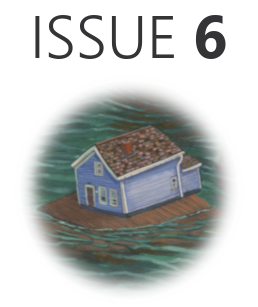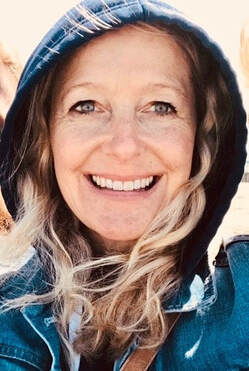ThirtyFiction by Amy Stuber
Day 4. Everything is designed to murder them and take them to some afterlife where they really don’t want to be but where everyone else is sure they need to go. The hollowing out, the sad stories of strangers on stackable chairs. The wide faces of the therapists who tug at their battened-down parts until they start making up abusive parents to give them the easy rationale therapists seem to need. The fucking little chips that are nothing but angry plastic to rattle in their pockets on days when they breathe like breathing could actually break them. When they sit in a room full of the people who are their people, all of them wanting nothing more than to get serious about disappearing their brains because brains hurt so much more than just bodies.
|




